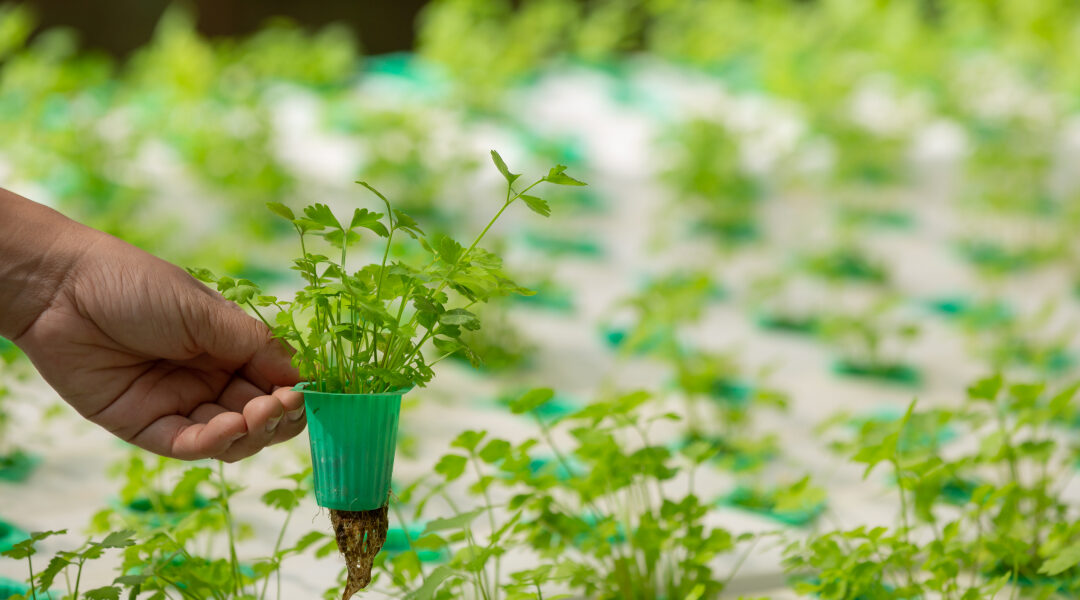Revolutionizing Agriculture: The Role of Coco Coir in Aeroponics
Aeroponics is a cutting-edge agricultural technique that has been gaining attention for its efficiency and sustainability. Unlike traditional soil-based farming, aeroponics involves growing plants in an air or mist environment, with their roots suspended in the air. While aeroponics itself is a remarkable innovation, the choice of growing medium plays a crucial role in its success, and one such medium that has been making waves is coco coir.
The Versatility of Coco Coir:
Coco coir, derived from the husk of coconuts, is a versatile and sustainable growing medium. It has gained prominence as a natural alternative to peat moss, which is often used in gardening but is not a renewable resource. Coco coir is well-regarded for its water retention capabilities and excellent drainage, making it an ideal choice for aeroponics.
Coconut Products in Agriculture:
The use of coconut products in agriculture extends beyond coco coir. The coconut tree provides a range of valuable resources, including coconut fiber. In aeroponics, coconut fiber-based graw bags are used as a support structure for plant roots. These bags offer stability while allowing roots to thrive in the nutrient-rich mist environment.
The Link Between Coco Coir and Successful Aeroponics:
Coco coir has a fibrous structure that provides an anchor for plant roots while allowing for optimal oxygen absorption. In aeroponics, where nutrient-rich water droplets are sprayed directly onto the roots, coco coir supports healthy root development. The fibrous structure also prevents the formation of a water film around the roots, ensuring they receive both moisture and oxygen in an ideal balance.
Sustainable Farming with Coco Coir:
Sustainability is a crucial consideration in modern agriculture. Coco coir, being a byproduct of coconut production, is both renewable and environmentally friendly. Its use in aeroponics not only conserves water due to its moisture-retentive properties but also reduces the need for peat moss, thereby protecting peat bogs, a valuable ecosystem.
As the world seeks more sustainable and efficient agricultural practices, aeroponics, with the support of coco coir and other coconut products, is emerging as a promising solution. The versatility of coco coir, along with its eco-friendly nature, makes it an invaluable component in this innovative farming method.
For more information on coco coir and its applications, you can visit [Green Lanka Coco’s website](www.greenlankacoco.com). They offer high-quality coco coir products that are contributing to the advancement of sustainable agriculture.
In conclusion, the combination of aeroponics and coco coir is paving the way for a greener and more productive future in agriculture. As the demand for eco-friendly and efficient farming methods continues to grow, the role of coco coir in aeroponics is poised to become increasingly significant.

